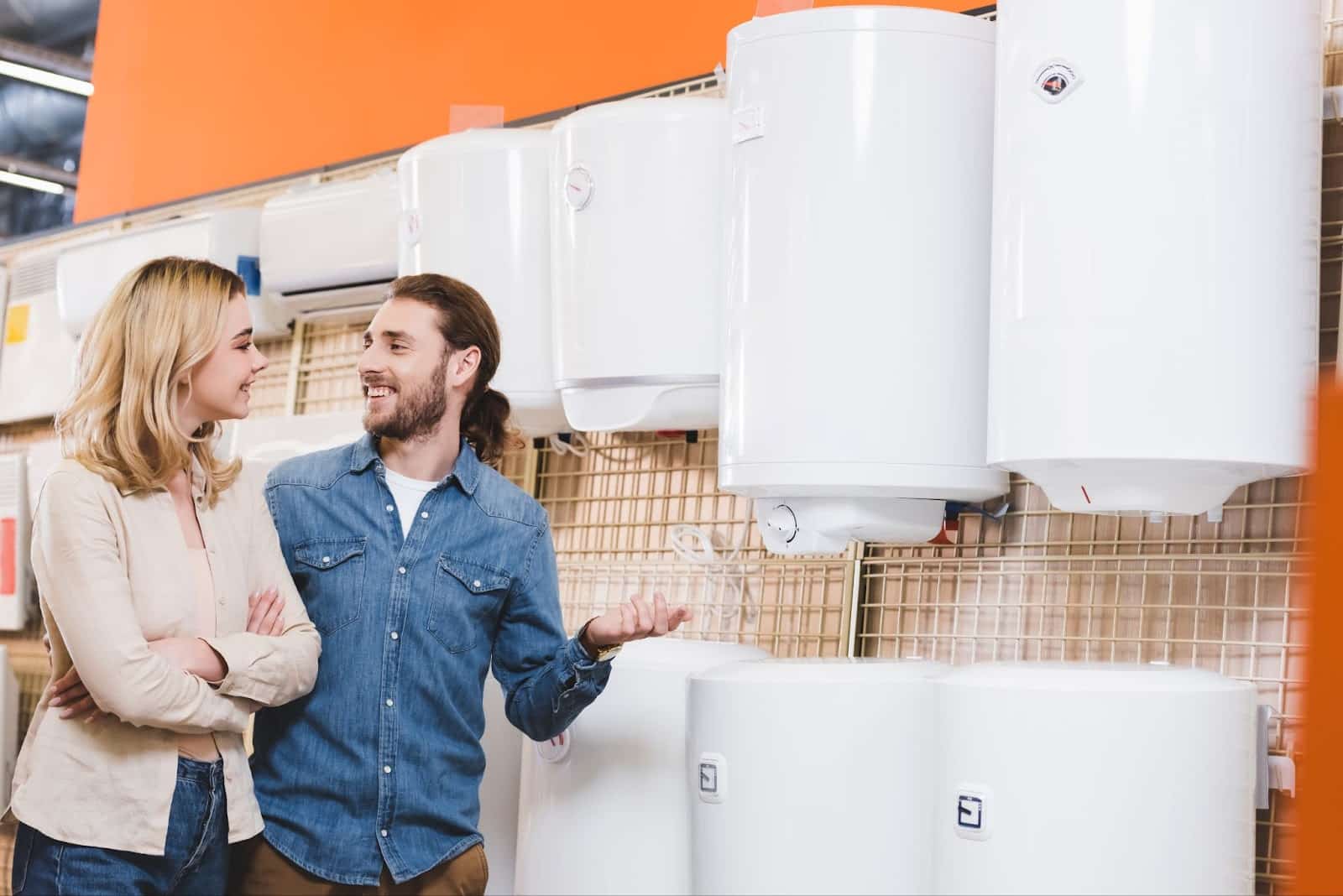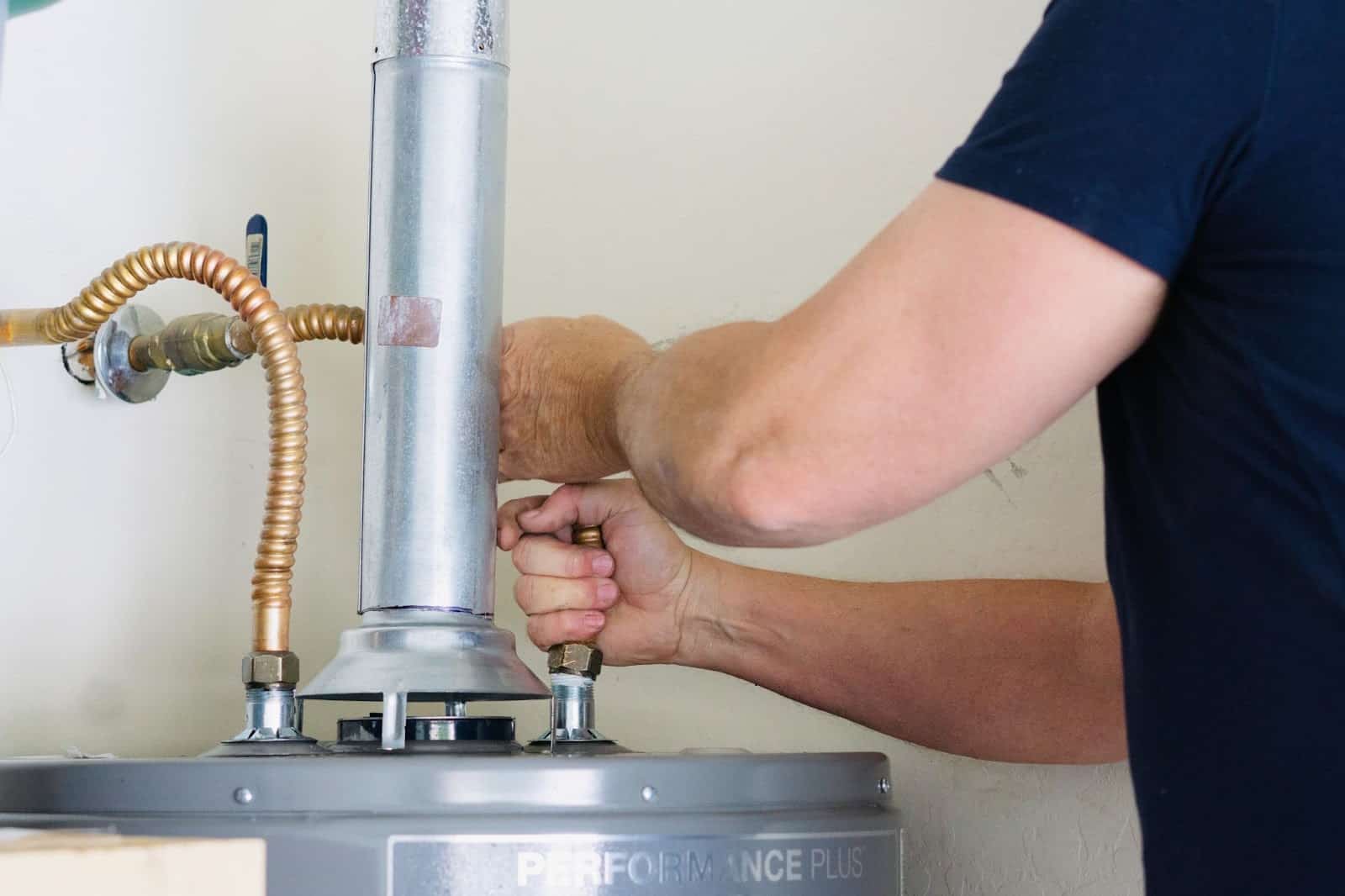
Comparing Costs: Traditional vs. Tankless Water Heater Installation
Choosing the right water heater for your home is a crucial decision that can impact both your comfort and your finances. Traditional tank water heaters and tankless water heaters are two popular options, each with its own set of advantages and disadvantages. One of the key factors influencing this decision is the installation cost, which encompasses various expenses beyond just the initial purchase. In this comprehensive guide, we’ll delve into the cost comparison between traditional and tankless water heater installations, exploring the upfront expenses, long-term savings, and other important considerations to help you make an informed choice for your home.
Understanding Traditional Water Heaters
Traditional water heaters, also known as storage tank water heaters, are the most common type found in households across the country. These systems consist of a large tank that stores and heats water, keeping it ready for use whenever needed. Traditional water heaters typically run on gas or electricity and are available in various sizes to accommodate different household needs. Additionally, these heaters rely on a thermostat to regulate water temperature, ensuring a consistent supply of hot water for daily activities such as showering, washing dishes, and doing laundry.
Cost Considerations for Traditional Water Heater Installation
When it comes to the installation cost of traditional water heaters, several factors come into play. The upfront expense includes the cost of the unit itself, as well as installation fees, which may vary depending on the complexity of the installation and local labor rates. Additionally, homeowners may need to factor in the cost of any necessary modifications to accommodate the new water heater, such as plumbing upgrades or electrical work. It’s also essential to consider the warranty coverage and potential maintenance costs associated with traditional water heaters, as regular upkeep can prolong the lifespan and efficiency of the system.
Long-Term Operating Costs of Traditional Water Heaters
While traditional water heaters tend to have lower upfront costs compared to tankless models, they may result in higher long-term operating expenses. This is because traditional water heaters continuously heat and store water in the tank, leading to standby heat loss and energy inefficiency. As a result, homeowners may end up paying more in utility bills over time, especially if they have high hot water demand or inefficient heating systems. However, investing in energy-efficient models and implementing energy-saving practices, such as insulating the tank and using a timer for heating cycles, can help mitigate long-term operating costs and improve overall efficiency.
Understanding Tankless Water Heaters
Tankless water heaters, also known as on-demand or instantaneous water heaters, have gained popularity in recent years due to their energy efficiency and space-saving design. Unlike traditional water heaters, tankless models heat water only when it is needed, eliminating the need for a storage tank and reducing standby heat loss. These units are compact and can be installed closer to the point of use, minimizing heat loss through long pipes and reducing the time it takes to deliver hot water.
Cost Considerations for Tankless Water Heater Installation
The installation cost of tankless water heaters is generally higher than that of traditional models due to their advanced technology and specialized installation requirements. Homeowners can expect to pay more for the unit itself, as well as for professional installation by a qualified technician. Additionally, because tankless water heaters may require upgrades to existing gas lines or electrical systems, homeowners should budget accordingly for any necessary modifications. However, the higher upfront cost of tankless water heaters can often be offset by their long-term energy savings and lower operating costs, making them a worthwhile investment for many homeowners.
Long-Term Operating Costs of Tankless Water Heaters
Despite the higher upfront cost, tankless water heaters offer potential savings in the long run thanks to their energy efficiency. By heating water on demand, tankless models eliminate standby heat loss and can reduce energy consumption by up to 30% compared to traditional water heaters. This can result in lower utility bills over time, offsetting the initial investment and providing greater long-term value for homeowners. Additionally, tankless water heaters have a longer lifespan than traditional models, with an average lifespan of 20 years or more, further contributing to their cost-effectiveness over time.
Factors Influencing the Cost Comparison
Several factors can influence the cost comparison between traditional and tankless water heater installations. These include the size and efficiency of the water heater, local labor rates, the complexity of the installation, and any additional upgrades or modifications required. Additionally, homeowners should consider their hot water usage patterns, energy efficiency goals, and budget constraints when making a decision. Evaluating these factors comprehensively can help homeowners determine which type of water heater best suits their needs and financial considerations in the long term.
Additional Considerations
In addition to upfront and operating costs, homeowners should also consider other factors when choosing between traditional and tankless water heaters. These include the available space for installation, the expected lifespan of the unit, and the environmental impact of each option. Additionally, homeowners may want to explore potential incentives or rebates for energy-efficient water heater installations offered by local utility companies or government agencies. By taking these factors into account, homeowners can make a well-rounded decision that meets their hot water needs while maximizing energy savings and minimizing environmental impact.
Learn More About Which Type of Water Heater Is Best for You
The cost of installing a water heater depends on various factors, including the type of unit, installation fees, and long-term operating costs. While traditional water heaters typically have lower upfront expenses, tankless models offer potential savings in energy efficiency over time. Ultimately, the right choice for your home will depend on your individual needs, preferences, and budget considerations. By carefully weighing the costs and benefits of each option, you can make an informed decision that ensures reliable hot water supply and optimal energy efficiency for years to come.
Discover Heating Services in Needham, MA, and learn more about professional water heater services for local homeowners on our Kerivan-Lane blog.

